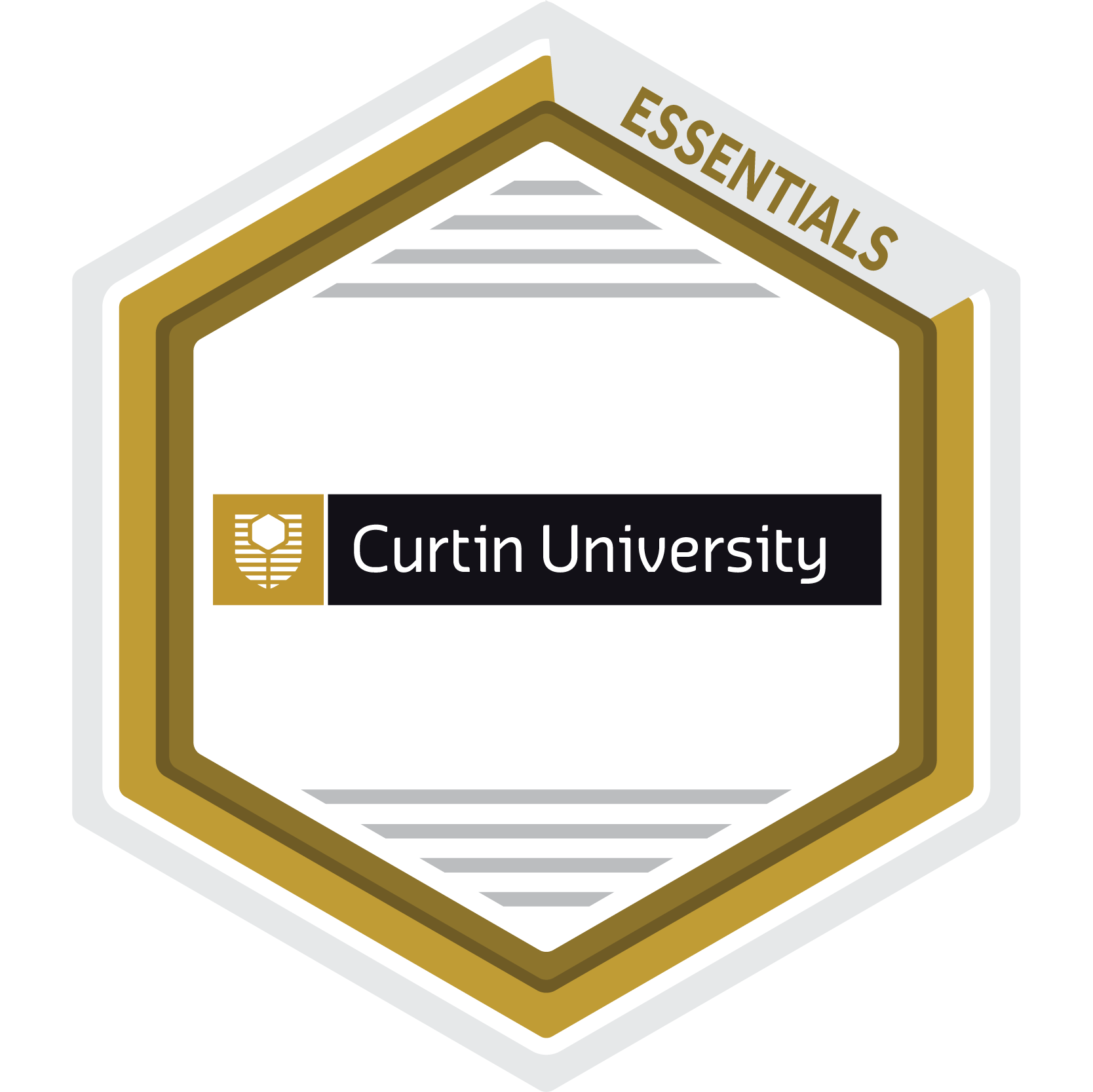Real-time air quality monitoring
Started May 9, 2025
5 credits
Sorry! The enrollment period is currently closed. Please check back soon.
Full course description
Learn about atmospheric chemistry and pollutants and how they can be measured and monitored in real-time.
This credential will provide learners with the skills and knowledge required to install, maintain, commission and decommission real-time ambient air monitoring equipment
PLEASE NOTE: Content will be delivered online and face-to-face on country.
This credential is particularly suitable for:
- Rangers from the Murujuga Aboriginal Corporation (MAC).
By completing this credential you will learn to:
- describe basic atmospheric chemistry and air pollutants
- describe principles of real-time air quality monitoring
- conduct basic maintenance of equipment to ensure continuous operation
- perform instrument calibration across a suite of instruments
- perform descriptive interpretation of results from the equipment.
Assessment(s)
To successfully complete this credential, you are required to pass a final assessment. To demonstrate what you have learned, you will complete a face-to-face assessment where you are asked to demonstrate operation of the real-time equipment including calibration. You will also be required to answer questions online regarding operation, maintenance and troubleshooting.

Senior Lecturer/School of Population Health
Dr Mead-Hunter is a senior lecturer in the Occupation, Environment and Safety Directorate in the School of Population Health at Curtin University. He is also one of the leaders of the Air quality monitoring component of the Murujuga Rock Art Monitoring Project and has been installing and maintaining the monitoring stations on country. He has many years of experience in teaching both theoretical and practical aspects of air monitoring and health and safety.

Senior Lecturer/School of Population Health
Dr Hannelly is a senior lecturer in the Occupation, Environment and Safety Directorate in the School of Population Health at Curtin University. She is the Fieldwork Coordinator of the Murujuga Rock Art Monitoring Project. She has many years of experience in teaching both theoretical and practical aspects of air monitoring and health and safety. She will be the main administrative contact for this credential.

Professor/School of Public Health
Professor Ben Mullins is the Director of the Occupation, Environment and Safety Directorate at Curtin University and is the Lead Investigator on the Murujuga Rock Art Monitoring Project. He is also one of the leaders of the Air quality monitoring component and has been installing and maintaining the monitoring stations on country. He has many years of experience in teaching both theoretical and practical aspects of air monitoring and health and safety.
Once you successfully complete and pass the final assessment, you'll earn a digital badge that is instantly shareable to your social networks (including LinkedIn) which showcases your new skills and knowledge mastery.

This credential provides foundation knowledge in a discipline and doesn't require previous knowledge.
You will also earn 5 credit points which are in line with Australian Qualification Framework Level 8 criteria, ensuring comprehensive theoretical and/or technical knowledge of the credential. 100 credit points are required to earn a Graduate Certificate at Curtin.
Curtin Credentials focus on five themes that align with industry values and apply to diverse workplaces. To see the current range of Curtin Credentials, visit Curtin Credentials.
For more information on this, or any other questions about Curtin Credentials, email us at curtincredentials@curtin.edu.au or call Curtin Connect at 1300 222 888.
✝This credential involves 30 hours of online resources, readings, activities and assessments. However to pass and earn 5 credit points, you may need to commit further time.
^A mix of online and face-to-face learning.





